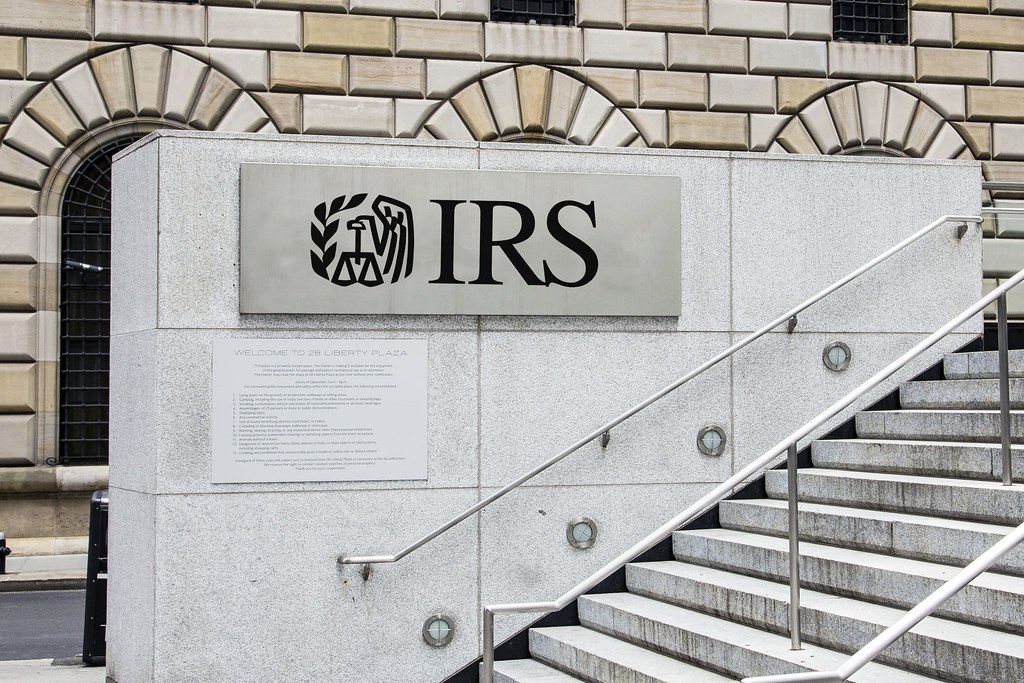The IRS has announced it will send out over $2.4 billion in special payments to over 1 million people who did not claim federal stimulus checks on their 2021 tax return.
Later this month, the IRS will send checks to anyone who did not claim their 2021 Recovery Rebate Credit.
The recovery Rebate Credit is “a refundable credit for individuals who did not receive one or more stimulus payments, officially known as Economic Impact Payments (EIP).”
The Internal Revenue Service announced a plan to send Recovery Rebate Credits to one million people who never got their economic impact payment. https://t.co/YX0ewXye8l pic.twitter.com/v4tWglBONN
— ABC30 Fresno (@ABC30) December 23, 2024
$2.4 BILLION MORE
The IRS said it’s distributing about $2.4 billion to taxpayers who failed to claim a Recovery Rebate Credit on their 2021 tax returns
Most taxpayers eligible for the federal stimulus payments, (Covid Relief), formally known as Economic Impact Payments, have… pic.twitter.com/ZyXxt5MuKU
— RealKay_2 FREEDOM (@Real_K1776) December 23, 2024
Check out what Newsweek reported:
The Internal Revenue Service (IRS) will send out a total of $2.4 billion in “special payments” to 1 million people who did not claim federal stimulus checks on their tax returns for 2021, the agency announced on Friday.
The IRS will issue automatic payments later this month to anyone who did not claim the 2021 Recovery Rebate Credit, the agency said—a refundable credit for individuals who did not receive one or more stimulus payments, officially known as Economic Impact Payments (EIP).
Despite the resilience of the U.S. economy in the years following the pandemic, Americans are still struggling with higher prices—including that of food and housing.
The economy was consistently named as voters’ top issues in polls conducted ahead of the November election, despite the fact that inflation had since cooled down significantly compared to the 9.1 percent peak of June 2022, and the U.S. maintained a strong job market and relatively good growth.
Preelection surveys, as well as Donald Trump’s victory on November 5, were a sign that voters blamed the current administration for the rise of inflation after the pandemic, and for their financial struggles.
As inflation creeps up once again, having risen for two consecutive months in October and November, anything that can offer some respite to American consumers, such as the IRS “special payments,” is welcome to taxpayers.
Breaking: IRS announces they will be depositing $1400 into the bank accounts of 1 million Americans in the next 2-weeks
The special payments announced by the IRS are being sent to those taxpayers who filed a 2021 tax return but left the data field for the Recovery Rebate… pic.twitter.com/32t4ty6Ej6
— The News You Dont See (@Crazynews4real) December 22, 2024
Per Kiplinger:
The recovery rebate credit was part of the U.S. government’s financial response to the COVID-19 pandemic. It was a refundable tax credit linked to federal stimulus checks many people received during that time.
Here’s how it worked: Eligible individuals who didn’t get the full amount of their pandemic stimulus payments or whose circumstances changed could claim the recovery rebate credit on their 2021 tax returns.
The credit’s value depended on factors including income, filing status, and number of dependents.
It was designed to ensure that people received the full financial support they were entitled to, even if they initially missed out on stimulus payments.
However, many people didn’t receive their recovery rebate credit due to a lack of awareness about eligibility, misunderstandings regarding the credit’s complexities, changes in financial circumstances, and issues related to filing tax returns.
Additionally, processing errors and confusion surrounding dependent claims contributed to missed payments, leaving some eligible individuals without the funds they were entitled to.
So, now, the IRS has decided to issue the payments automatically so recipients won’t have to file amended returns to get the money they’re owed.




